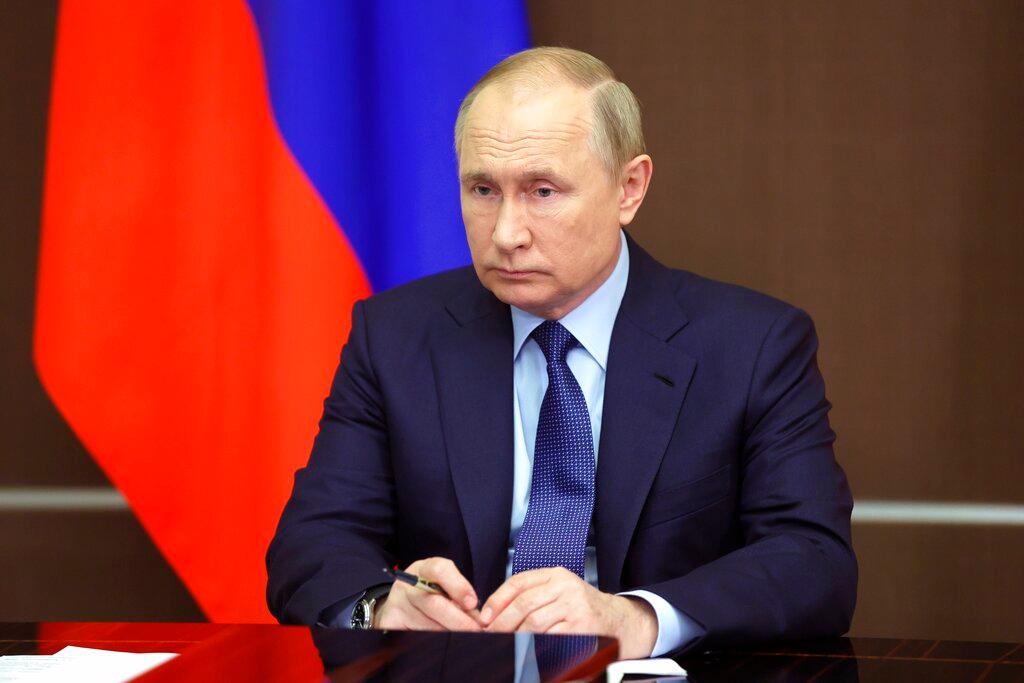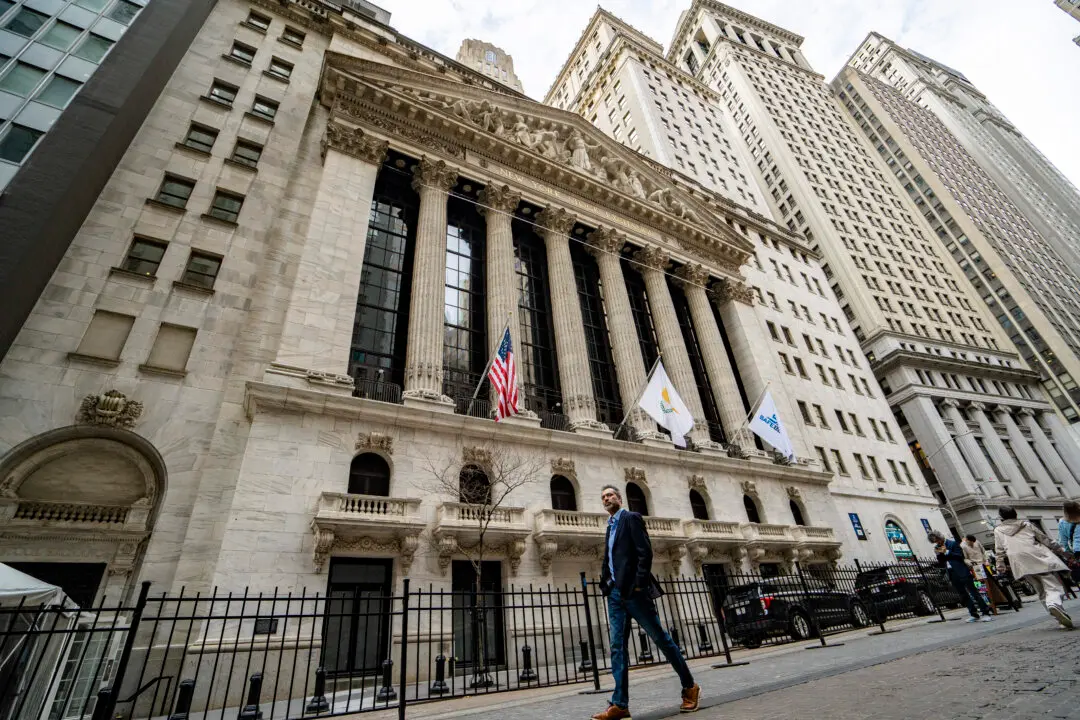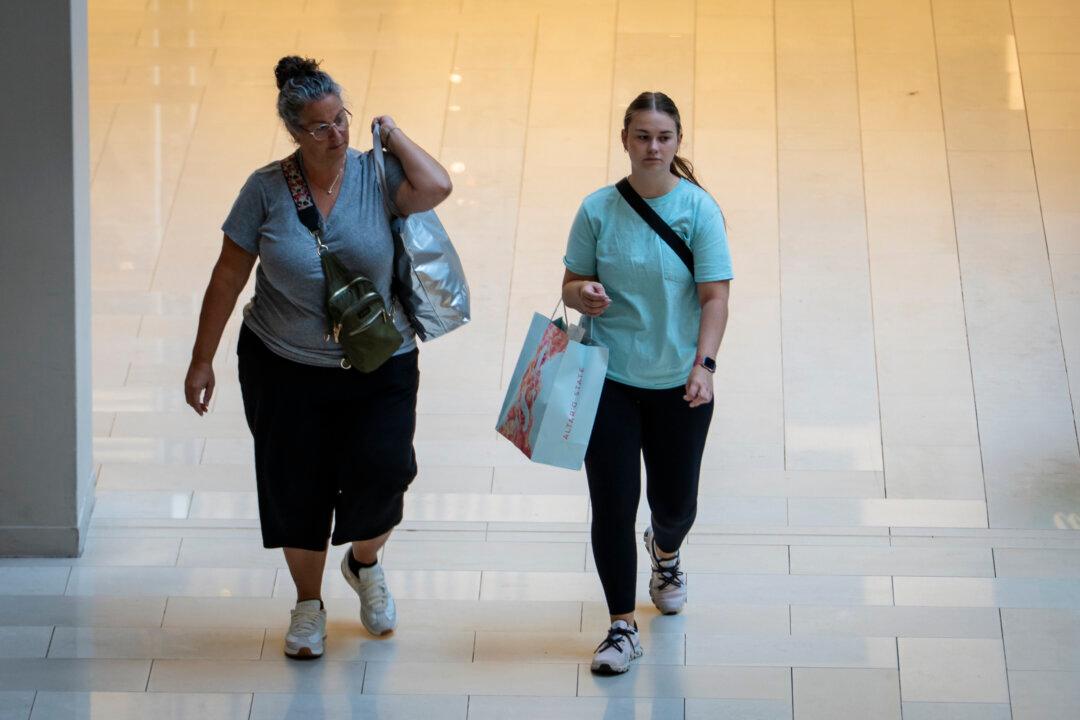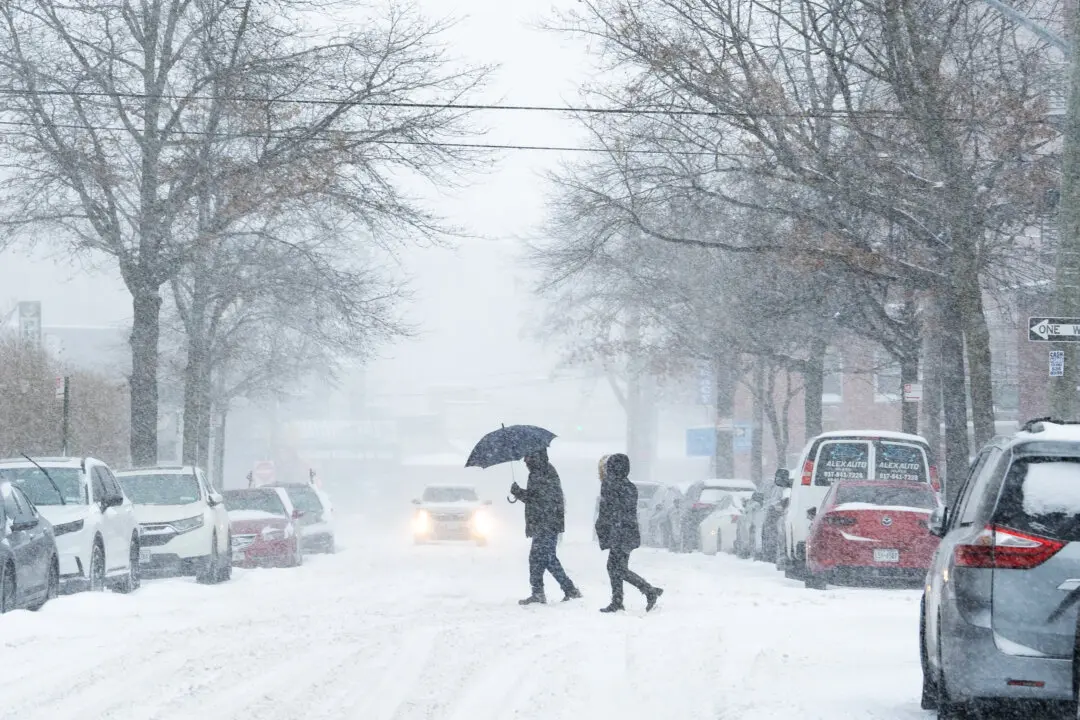Since President Vladimir Putin ordered Russian troops to invade Ukraine, the international community has pummeled Moscow with a series of financial penalties and economic sanctions targeting leaders, state-owned firms, and financial systems.
Anastasia Amoroso, the managing director and chief investment strategist at iCapital, remarked in a note that Russia is “past the point of no return.”





